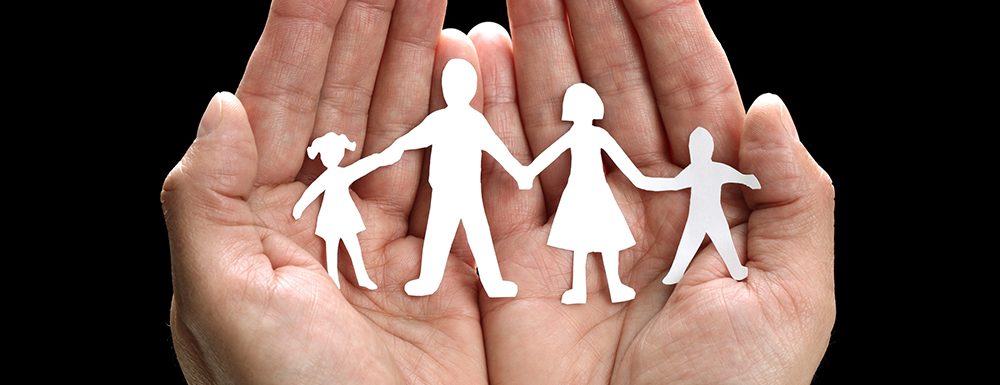
To mark the International Day for the Elimination of Sexual Violence in Conflict, Youth Ambassador Konstantia Tsiaousi considers sexual violence from a gender specific perspective within a Human Security framework for Women for Change.
On 19 June 2015, the United Nations General Assembly declared 19 June the International Day for the Elimination of Sexual Violence in Conflict in order to raise awareness of the urgent need to put an end to conflict-related sexual violence and to honour the victims and survivors of sexual violence around the world. The term “sexual violence” is used as a description of acts of a sexual nature imposed by force or coercion. It includes rape, sexual slavery, forced prostitution or any other form of sexual violence of comparable gravity.
Why is this important?
The issue has been a priority on the Security Council’s agenda for over a decade now. So the fact that we are still talking about it today and that such incidents of mass violence keep occurring is, at the very least, concerning. In 2015, for example, cases were documented in South Sudan, Somalia and the eastern Democratic Republic of the Congo. Over 190 incidents of sexual violence by parties to the conflict were documented in South Sudan, involving at least 280 victims, while in Somalia service providers recorded 2,901 cases of rape between January and June 2015. Since the beginning of its conflict in 1998, the eastern DRC has experienced over 200,000 cases of rape in conflict. Reports have shown that when it comes to cases of sexual violence against women, those who committed the crime anticipated that their victims would not have had the means, courage or support required to testify against them, especially in the chaos of conflict.
International humanitarian law, or the “laws of war”, prohibits sexual violence in conflict under the Geneva Conventions of 1949 and Additional Protocols of 1977. Systematic and widespread use of sexual violence can only be described as a tool of social control and intimidation. Today, sexual violence in conflict is recognised as an intentional strategy used to control and threaten communities, force people from their homes and displace entire communities; it is clearly a violation of human rights and is a breach of international humanitarian law.
The impact on human security
Gender-based violence in all its forms, is discrimination due to a person’s perceived gender. It is violence that disproportionately affects women. Of course, armed conflict and other related situations of violence affect different genders in different ways, however some may be more vulnerable to sexual violence than others. The targeted violation of women’s rights by extremist groups, for example, highlights how many extremist agendas are based on gender inequality and how these actions are directly linked to violent conflict. To fight and to successfully eliminate sexual violence in conflict a sustained political, legal and societal action plan is required. For this reason, the concept of Human Security remains highly relevant. Applying a people-centred approach, by prioritising the safety and wellbeing of women, is vital. Thus, ensuring women’s engagement in peacekeeping programmes is essential to building sustainable peace and preventing sexual violence in conflict. Even more crucial is applying a gender lens when analysing the issue by focusing our attention and examining it from a specific gender perspective. In order to address the issue it is important to keep in mind that although men and boys are also targets of gender-based and sexual violence in conflict situations, the victims of such violence disproportionately continue to be women and girls.
Strengthening civil society, including women’s organisations that provide help and relief to victims and survivors of sexual violence in conflict, can empower individuals to defend and reclaim their rights. Women’s participation in peacekeeping has been recognised as a key to success, leading to more effective protection efforts, higher reporting of gender-based crimes and lower incidents of sexual exploitation by peacekeepers. Awareness needs to be raised to support and promote this kind of participation in such initiatives so the outcome can be more successful. The emphasis should be on addressing sexual violence in conflict through joint action based on the crucial concept and approach of human security in order to tackle this atrocity once and for all.
Women for Change was a Shiva Foundation programme that sought to bring professional women together with various social impact causes.


